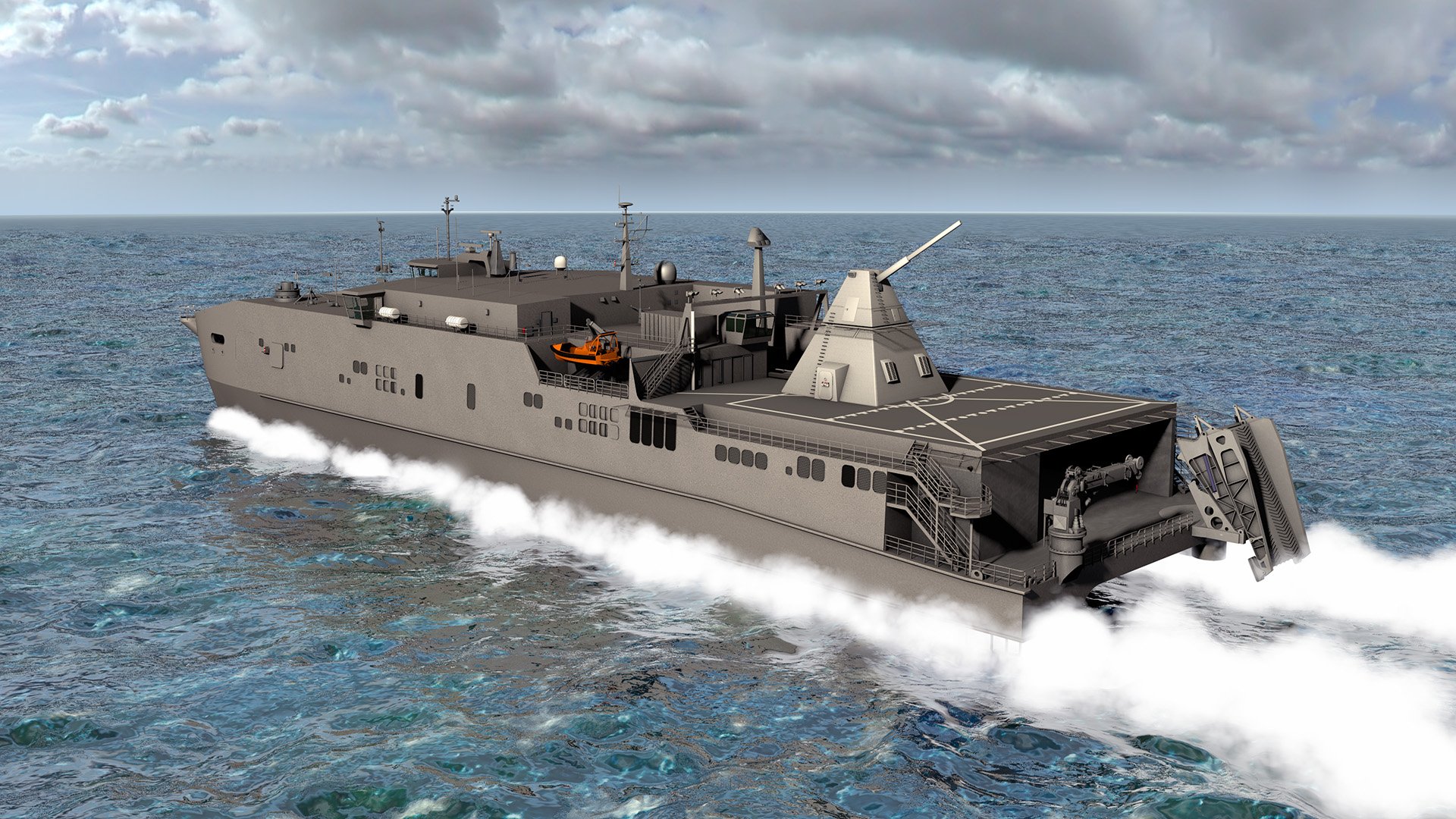Every day, Wall Street analysts upgrade some stocks, downgrade others, and "initiate coverage" on a few more. But do these analysts even know what they're talking about? Today, we're taking one high-profile Wall Street pick and putting it under the microscope...
It's been nearly three months now since megabanker Morgan Stanley upgraded shares of BAE Systems (BAESY 0.44%) (LSE: BA), predicting the British defense behemoth would soar 20% in 12 months on the back of new contract wins and a generally ebullient market for defense products.
Instead, the stock went the other way.
Priced at $32 per U.S. American depositary receipt (one ADR comprises four common shares of stock on the London Stock Exchange) at the time Morgan Stanley recommended it, shares of BAE now trade for closer to $28 apiece -- more than a 12% loss in value. And yet, the fact that BAE Systems sells for cheaper today isn't scaring one analyst away from it. To the contrary, this morning Credit Suisse cited "the recent sell-off" as being more of a reason to buy BAE.
Here's what you need to know.

Image source: Getty Images.
Back to the future
When Morgan Stanley recommended BAE Systems stock three months ago, the banker's buy thesis was simple:
The "defence spending backdrop" in August looked "supportive" of defense contractors, and BAE was winning multiple multibillion-dollar contracts that "improved visibility" into the company's future revenue streams. As Morgan commented at the time: "We think earnings growth prospects are now higher than at any point in the last five years."
Yet despite this, the stock's share price of 633.60 pence (that's about $8, and again, you need to multiply by four to get the ADR price) failed to "reflect" the full value of BAE shares.
Second verse, same as the first
What was true then is even more true today, in Credit Suisse's opinion -- at least as regards the growth prospects, if not the stock's price. The analyst sees "a positive inflexion in BAE's earnings after a decade of broadly flat EPS" approaching, according to TheFly.com.
Mind you, such earnings improvement has not appeared yet. To the contrary, the $997.5 million in GAAP net profits that BAE Systems earned over the past year is still the weakest performance the company has turned in since 2013. But rather than wait for an earnings improvement to materialize, Credit Suisse thinks it's smart to get ahead of the curve, and is upgrading BAE Systems stock to outperform today.
Upgrading BAE Systems
The analyst is positing a 640 pence stock price for BAE Systems common stock -- about $8.33 at current exchange rates, and yielding a $33.32 target price for the ADR.
This is, admittedly, a far cry from the $38.32 target price that Morgan Stanley set back in August. But by the same token, Credit Suisse's target -- just 4% higher than what BAE Systems was already selling for in August -- should be much easier to attain this time around. What's more, it works out to almost the exact same 20% profit potential (for new buyers) that Morgan Stanley was touting three months ago.
Can BAE hit that target? I think it can, and here's why:
The last few months have seen BAE land multiple new arms contracts -- new orders for M777 155mm Ultra Lightweight Howitzers and ammunition for the U.S. Army, modernization work on the U.S. Navy guided-missile cruiser USS Gettysburg (CG 64), and a $6.5 billion contract to sell Typhoon fighter jets to Qatar, to name just a few.
Probably BAE's most exciting prospect, however, is the $26 billion deal to build nine new "Hunter" class frigate warships that BAE signed with Australia back in July. This single contract will provide BAE with more than one full year's worth of revenue. Depending on how long it takes to fulfill, therefore, BAE's Australian frigate contract promises to add anywhere from 5% to 10% to its annual sales growth rate -- and probably even faster earnings growth. According to data from S&P Global Market Intelligence, BAE's international platforms and services division is the company's second-most-profitable business unit, with a 15% operating profit margin.
Given that most analysts who follow the stock are still only crediting BAE with a 5% long-term earnings growth rate, however, my hunch is that the effects of this frigate contract still aren't being factored into the stock's valuation, and that BAE therefore deserves to be valued at a higher level than it's currently being accorded.
Twenty percent higher, perhaps? We shall see.


